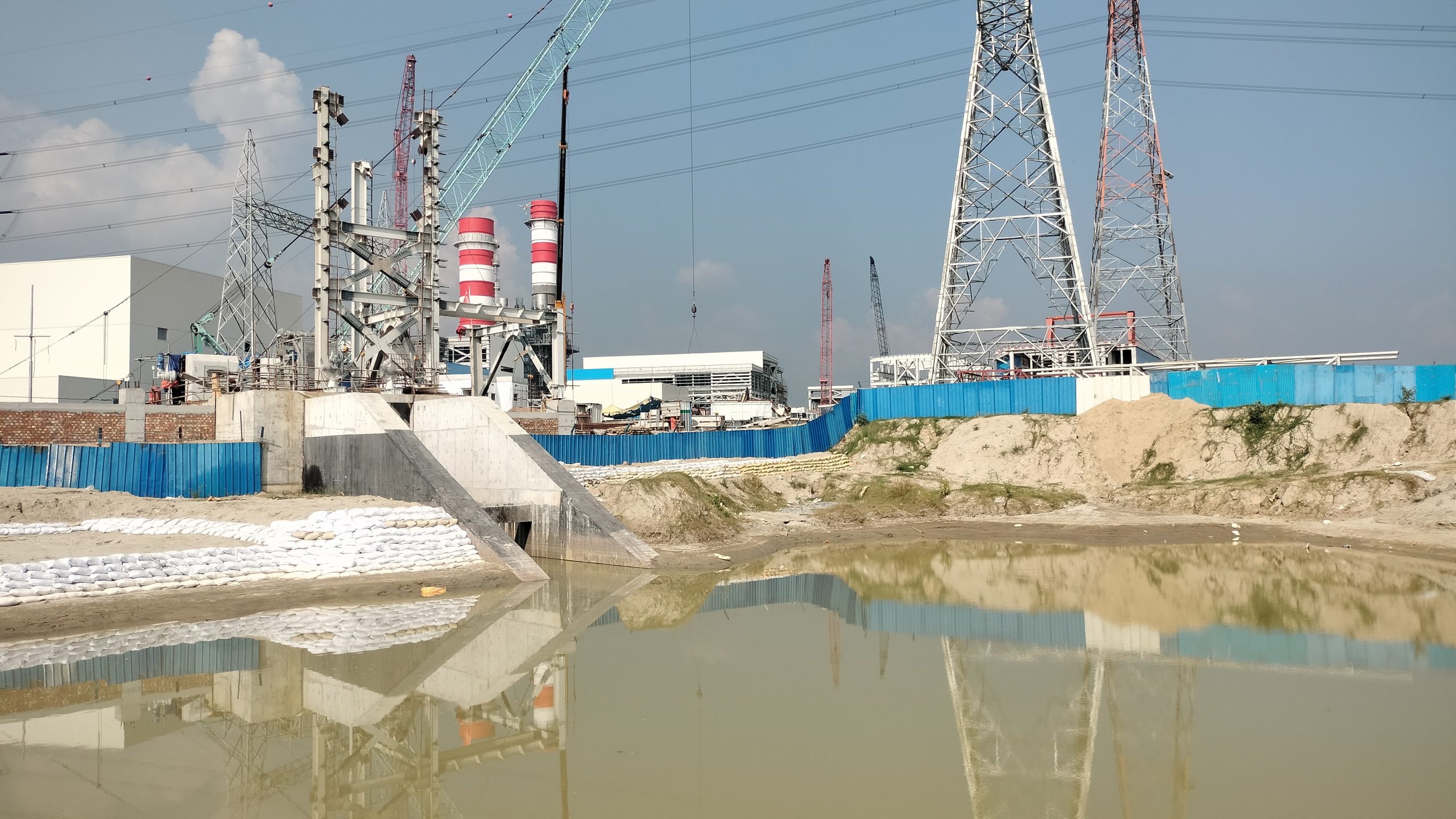- 25.09.2023
- Ecological justice
- Array
As the Asian Infrastructure Investment Bank (AIIB) launches its first Climate Action Plan at the 2023 Annual Meetings in Sharm El Sheikh, Egypt, a new briefing by Recourse, BRICS Feminist Watch, Coastal Livelihood and Environmental Action Network (CLEAN) and Latinoamérica Sustentable questions the institution’s climate record to date.
The AIIB has committed to align all of its new investments with the goals of the Paris Agreement on climate change from 1 July 2023. As it reached this deadline, the AIIB published its first methodology on how to do this in practice.
The briefing No Paris: How the AIIB’s Paris Alignment methodology fails the people and the climate examines whether the AIIB’s Paris Alignment methodology holds up to scrutiny and is a genuine contribution towards the Paris Agreement and its 1.5°C goal.
The AIIB came into operation in early 2016, only weeks after the Paris Agreement was adopted, committing to be “lean, clean and green.” Without the fossil fuel heavy legacies of the already established MDBs, it had a prime opportunity to align with the Paris Agreement from scratch in both policy and practice. But instead, the AIIB largely copied the other MDBs’ ‘business as usual’ approaches, even failing to restrict investments in fossil fuels.
The results are telling. As of the end of June 2023, the AIIB had financed 11 fossil gas projects through direct financing, almost half of which are greenfield gas power plants. This includes the Unique Meghnaghat greenfield gas power plant in Bangladesh. Controversially, the AIIB claimed that the investment was Paris aligned even though it had not yet made its Paris alignment methodology public. The power plant’s construction phase has resulted in several human rights violations, including land grabbing and the destruction of the local environment on which the surrounding communities depend for their livelihoods. These impacts are borne disproportionately by women who have less access and control over land compared with men.
The AIIB’s methodology builds on efforts by a group of MDBs to develop a joint framework and principles for alignment, however, disappointingly these do not contribute to the Paris Agreement’s goal to reduce global warming to 1.5°C in a meaningful way, first and foremost, by not preventing investments in fossil fuels. Against this background, the individual MDB methodologies present an opportunity to raise the bar and cover these concerning gaps both in the joint approach and in their own policies and strategies.
The briefing argues that while the AIIB’s commitment to align with the Paris Agreement was commendable, the lack of rigour in the resulting methodology is not. In fact, rather than changing its operations to support the 1.5°C goal, the methodology seems set to promote ‘business as usual’, with very few significant restrictions. This includes further widening the loopholes for fossil fuels, in particular for fossil gas. It also fails to include essential rights-based approaches in the alignment methodology, such as gender considerations, despite the particularly negative impacts on women from climate change, while undermining the case for sustainable renewable energy options.
Read the briefing, including the recommendations, here.

